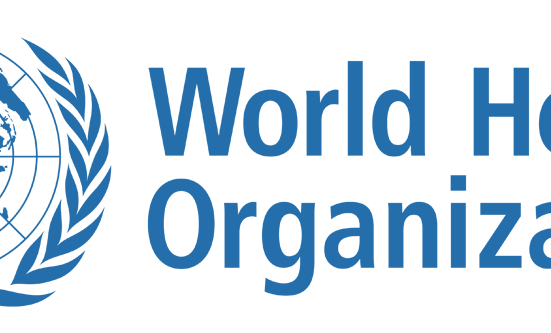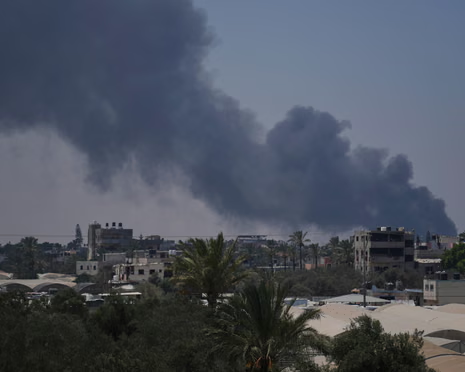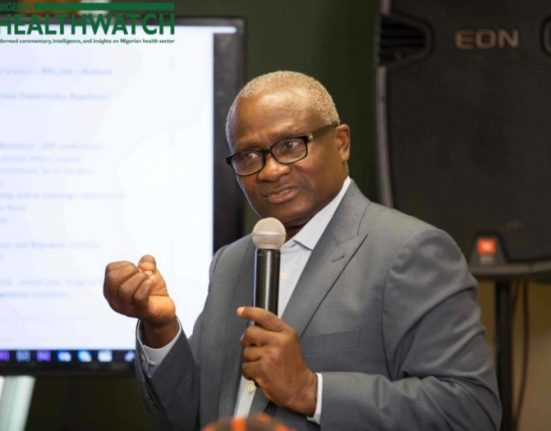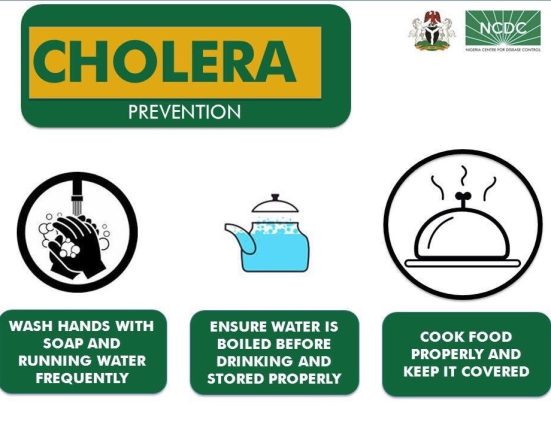The World Health Organisation (WHO) has expressed serious concern over glaring deficiencies in the monitoring and reporting of cholera cases across several affected regions, with Nigeria featuring prominently among countries currently battling a sharp increase in suspected infections. The global health body warned that inadequate surveillance systems and delayed data reporting are hindering effective response efforts, particularly in nations already struggling with overstretched healthcare infrastructure.
Nigeria, which has witnessed a worrying resurgence of suspected cholera cases in recent weeks, is now under closer scrutiny as health authorities scramble to contain the spread of the waterborne disease. Although official figures from the Nigeria Centre for Disease Control (NCDC) continue to emerge, experts believe the actual number of infections may be significantly underreported due to limited testing, poor data collation, and challenges in accessing remote or high-risk areas.
WHO, in its latest global alert, highlighted the growing risk of a full-scale outbreak in countries where health systems are unable to promptly identify, confirm, and respond to cholera cases. The organisation emphasized that early detection and real-time reporting remain critical to breaking the chain of transmission, especially in densely populated or flood-prone regions.
In Nigeria, several states — particularly in the North-East and parts of the South-South — have recorded spikes in diarrheal illnesses suspected to be linked to cholera. Contaminated water sources, poor sanitation, and the onset of the rainy season have created favourable conditions for the spread of the disease. Despite efforts by local health officials to deploy rapid response teams and distribute oral rehydration solutions, WHO insists that the absence of consistent surveillance is leaving too many cases undocumented and untreated.
The organisation also noted that the global surge in cholera, driven by climate shocks, displacement, and humanitarian crises, is putting additional pressure on international supply chains for vaccines and medical supplies. In Africa alone, dozens of countries have reported cholera outbreaks since the beginning of the year, with thousands of suspected cases and hundreds of deaths.
In response, WHO is calling on governments — including Nigeria’s — to strengthen laboratory networks, invest in early warning systems, and ensure that surveillance data is shared transparently and promptly. The agency reiterated that without timely reporting and accurate case confirmation, public health interventions may fall short, leading to unnecessary fatalities and prolonged transmission.
As Nigeria continues to mobilise resources to address the current outbreak, public health advocates are urging stronger coordination between federal, state, and local authorities to improve community-level awareness, hygiene practices, and access to clean water. With the rains intensifying and risk factors multiplying, the need for robust surveillance and swift response has never been more urgent.







